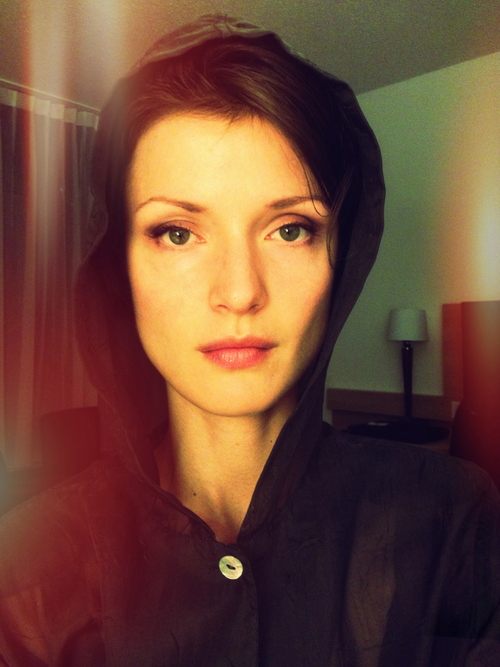Saturday, February 2nd, 2013

Written by Tim Hansen
Rejection is the pits. All artists experience it at some point, and there’s no denying that rejection can sting. And yet sometimes a rejection can be more influential on our career as artists than our successes, as it’s only when we’re rejected that we’re forced into a moment of truth: what, exactly, do we think we’re doing?
For 2011 JFund awardee Olga Bell, her moment of truth came when she was a senior at the New England Conservatory. Despite being a “relatively successful classical pianist up to that point,” Bell’s application to the masters program at Juilliard was turned down. Having grown up immersed in the often competitive world of musical academia, Bell was no stranger to professional rejection. This time was different, however. As Bell recalls, it was “a real watershed moment.”
Disappointed and unsure what to do next, her teacher at NEC encouraged her to “take some time off from school to ‘examine my wiring.’” Bell moved to New York and began experimenting electronic music, composing her own beats and just “singing into my laptop.” Gradually she came to be comfortable with “the idea that I could still be a musician outside a classical institution, that I could actively participate in and contribute to a canon [pop music] I had always listened to for fun.” She never went back to school.
Today, Juilliard’s loss is pretty much everyone else’s gain. The self-described “aurally omnivorous” Bell’s career trajectory has been nothing short of exponential. The Moscow-born musician has worked with a gamut of A-list artists ranging from Philip Glass and Dawn Upshaw, through to rap group Das Racist. Add to that the fact that she’s a member of the prolific rock band The Dirty Projectors, and Bell’s credentials as an insanely successful and versatile musician are secure.
Bell’s own projects are garnering serious attention, the most recent of which is her self-funded and self-produced album Diamonite, which Bell describes as being “a crazy two years in the making.” Creating the album was not exactly smooth sailing. Bell and her co-producer Gunnar Olsen had to contend with lost recordings, dwindling funds, and a brief experiment with a producer that “for a number of reasons didn’t work out.” However, Bell is nothing if not resilient, and despite these and a host of other setbacks Diamonite hit virtual shelves late last year. Bell is philosophical about the experience: “I believe our finished product wound up better and stronger because we made it entirely on our own, learning everything as we went.”
Amongst Bell’s upcoming projects is “Krai,” for which she was awarded a JFund grant in 2011. Steeped in Bell’s Russian ancestry, the piece features six singers who will take the audience through an aural exploration of Russian myths, orthodox prayers, and Tuvian throat singing amongst other source materials. “Krai” is significant to Bell for a number of reasons; aside from the fact that the piece is a fusion of her Russian heritage and American present, “Krai” represents an opportunity for Bell to “return to concert music on my own terms.”
It’s curious to think that from one rejection, something that was personally devastating at the time, Bell was able to transform her approach to her art and grow an entirely different career for herself. And despite her success, she remains a humble, introspective, and perpetually curious artist. “I still question whether I’m doing the right thing, or a good thing, or anything that anyone besides myself really needs,” she muses. “I know I have to keep doing this, right or wrong. I think I’m evolving: I’m getting better at songwriting and production, I’ve had a lot of experience in different performance scenarios this past year, I learned a lot – and learning is always a good thing!”